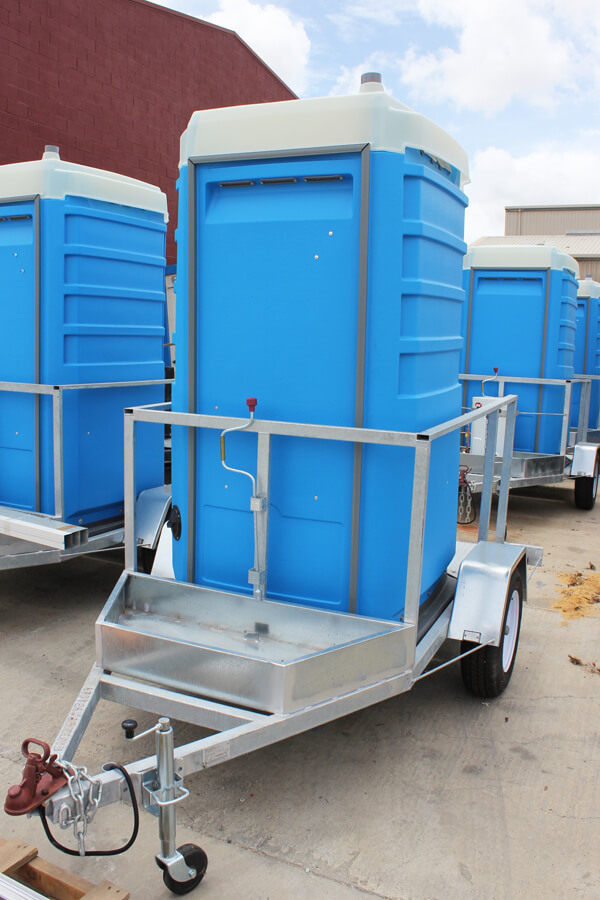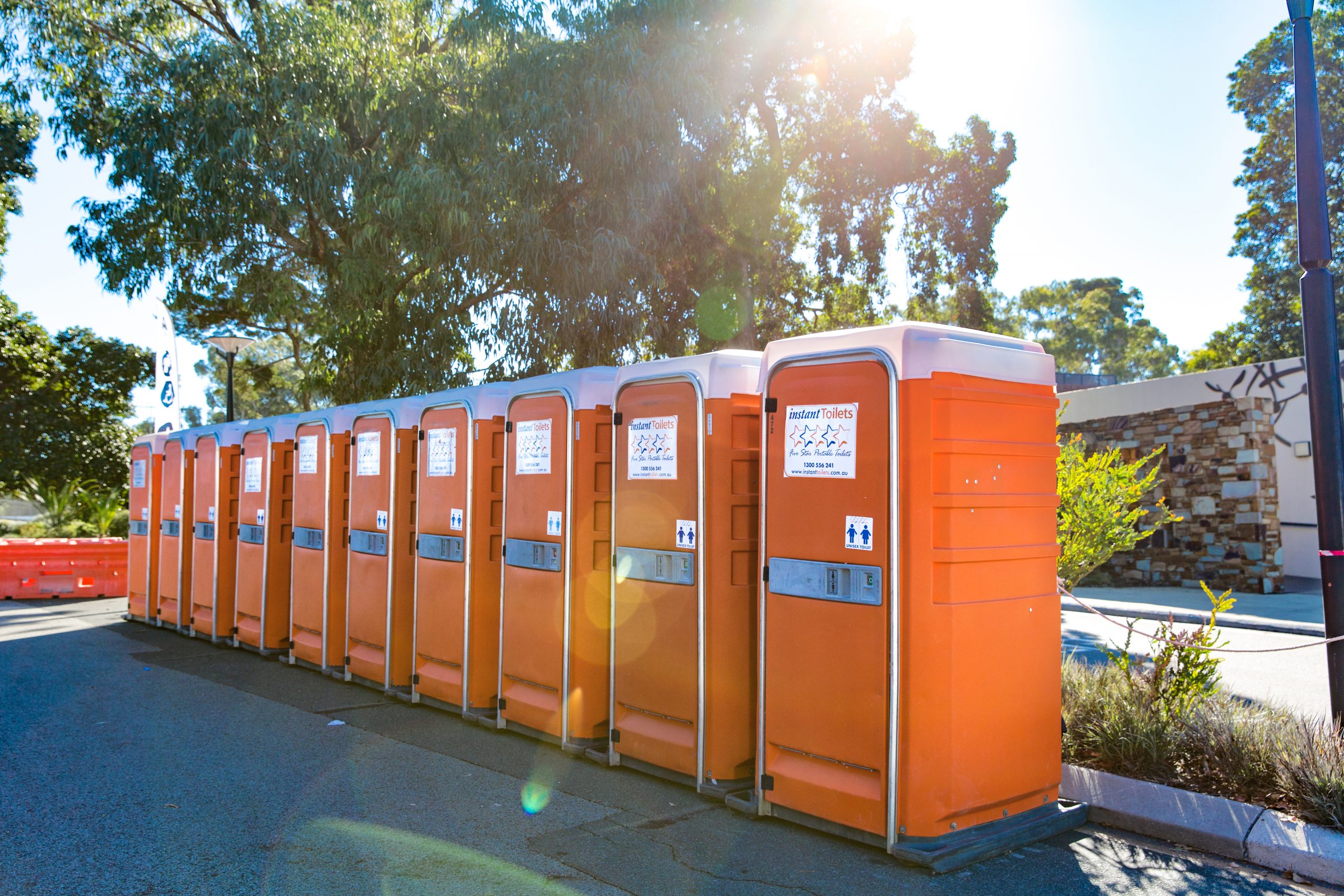When learning how to plan an event, you’ll quickly realise there are a myriad of factors that come into play.
Each decision you make, no matter how minute, can significantly impact the experience of your guests.
Table of Contents
The secret to a successful event often lies in meticulous planning, prioritising guest comfort, and balancing various elements from setting clear objectives to managing the smallest details.
If you’re feeling overwhelmed, learn how to plan an event with our event planning checklist.
How to plan an event: a step-by-step process
1. Define your event’s purpose and objectives
The first step in the planning process is to define the event’s goals and purpose. This might be to launch a product, raise funds for a charity, celebrate an achievement, or simply to bring people together for a good time.
The objective should be measurable and clear, so you can assess whether your event was successful.
2. Establish your event budget
A budget is a crucial element of event planning. Without a clear budget, costs can quickly spiral out of control.
Your budget should cover all anticipated expenses, including the venue, catering, entertainment, marketing, and any required permits or insurance.
Remember to set aside a contingency fund for unexpected costs.
3. Identify your target audience
Knowing your target audience helps you design an event that meets their needs and expectations. This might involve considering their age, interests, location, and any other relevant demographics.
The more you understand your audience, the better you can tailor your event to them.
For smaller events, now is a good time to establish a guest list.
4. Choose your event date
Timing can significantly influence your entire event’s success. Consider factors such as holidays, local events, and even weather conditions.
For larger events, it’s advisable to have a few potential dates in mind in case your preferred venue is booked.
5. Select a suitable venue
The venue plays a key role in shaping your event’s atmosphere and functionality.
When choosing an event space, consider factors such as capacity, location, layout, availability of parking, and access to public transportation.
Also, think about what services the venue provides, such as in-house catering or audio-visual equipment.
6. Organise your event team
For small events, you probably won’t need an event team.
But for larger events, you may need a number of team members to help manage various aspects.
This could include an event manager to oversee the project, a marketing team to promote the event, and volunteers to help on the day.
7. Organise sanitation solutions

Sanitation, though not the most glamorous part of event planning, is vital for guest comfort and satisfaction.
For outdoor events or venues with limited facilities, this means providing Five Star portable toilets and showers. The number and type of portable sanitation solutions you’ll need depend on your event’s size, duration, and nature.
8. Plan your event content and programming
Your event’s content and programming should align with your objectives and cater to your target audience.
This might involve organising keynote speakers, workshops, entertainment, or other activities. Consider creating a detailed event schedule to keep everything on track.
9. Organise supplies and equipment
Your event may require a range of supplies and equipment, from audio-visual gear for presentations to decorations that enhance your event’s theme.
If you’re holding an outdoor event, consider practicalities like marquees for shelter or portable toilets for guest comfort. Use our portable toilet calculator to determine how many toilets you’ll need to ensure a smooth and well-equipped event experience.
10. Plan catering and refreshments
The type of food and drink you offer will depend on your event’s nature. For a multi-day conference, you might offer lunch and coffee breaks. At a gala dinner, you’d likely offer a sit-down meal.
Remember to cater to different dietary requirements.
11. Organise event registration or ticketing
Depending on your event’s nature, you may need a system for attendees to register in advance or purchase tickets.
There are numerous online platforms available that can handle this process, offering features such as email confirmations and check-in apps for seamless event entry.
12. Develop an event marketing and promotion strategy
Your event won’t be successful if people don’t know about it.
Develop a marketing strategy that targets your desired audience. This could involve social media advertising, email newsletters, public relations activities, or partnerships with relevant organisations.
13. Execute your event
All your careful planning comes to life on the event day. Ensure that all staff and volunteers understand their roles and responsibilities.
Monitor the event closely to address any issues that arise and make sure everything runs smoothly.
14. Conduct a post-event evaluation
Once your event is over, it’s crucial to assess its success.
Collect feedback from attendees, review your budget, and analyse any data collected, such as ticket sales or social media engagement.
Use these insights to improve future events.
Keep these event management tips in mind
Promote, promote, promote!
A successful event promotion strategy should be dynamic and multi-faceted. Utilise a variety of platforms to reach a wider audience.
Social media, for instance, provides a cost-effective medium to generate buzz. Consider using paid promotions for increased reach. Similarly, email marketing that targets existing contacts can drum up interest.
Good communication with vendors is essential
Clear and frequent communication is crucial to event success. With vendors, set clear expectations and maintain regular check-ins to ensure everything is on track. Provide them with all necessary information, such as event timings, setup, and breakdown procedures, and contact details for key event personnel.
Expect the unexpected
No matter how meticulously you plan, unforeseen circumstances can arise. The important thing is to always have a contingency plan.
For example, consider what your course of action would be in the event of inclement weather, a power outage, or a key vendor pulling out at the last minute.
Have backup suppliers on call, and prepare a Plan B for outdoor events in case of poor weather. Consider investing in event insurance to cover losses from truly unpredictable circumstances.
By planning for the worst, you can navigate any unexpected challenge with minimal disruption to your event.
Event planning success lies in the details

Learning how to plan an event is all about balancing the big ideas with small details.
Every decision, from setting clear objectives to considering guest comfort, contributes to the event’s success.
Even seemingly small aspects, like sanitation, can significantly impact the overall guest experience – and that’s where we come in.
Our team at Instant Toilets and Showers are pros at providing sanitation and hygiene solutions for events big and small. Whether you’re having an outdoor wedding, a corporate event, or a festival, our range of Five Star portable toilets for hire, showers, hand wash stations, toilet blocks and more will help your event run as seamlessly as possible.
For those organizing events and in need of reliable sanitation solutions, Instant Toilets & Showers offers a wide selection of portable toilets for sale. Whether you’re looking to buy a portable toilet or explore various portable sanitation options, we provide top-quality products and services to ensure your event runs smoothly. Visit us at 18 Rogers Way, Landsdale WA 6065 or contact us at 08 6325 4076 for 24/7 customer support.
Frequently Asked Questions
What are the first steps in planning an event?
Begin by defining your event’s purpose and objectives, establishing a budget, and identifying your target audience to ensure your event meets their needs and expectations.
How do I choose the right venue for my event?
Select a venue that aligns with your event’s size, audience, and theme. Consider factors such as location, capacity, available amenities, and accessibility.
What should I consider when planning event sanitation?
For guest comfort and satisfaction, ensure adequate sanitation solutions like portable toilets and hand wash stations, especially for outdoor events or venues with limited facilities.
How can I effectively promote my event?
Develop a dynamic promotion strategy using social media, email marketing, and partnerships. Tailor your message to reach and engage your target audience.
What contingency plans should I have for my event?
Prepare for unexpected challenges by having backup suppliers, a plan for inclement weather, and considering event insurance to cover unforeseen circumstances.

Managing Director at Instant Toilets & Showers
Scott Rawson is the Managing Director of Instant Products Group, a specialist group of companies that offer portable building solutions, including sea containers, transportable offices, and portable sanitation products. With more than 20 years of experience in various management positions and a finalist in the WA Business News 40 under 40 awards in 2013, Scott is a highly motivated entrepreneur that has a passion for designing products to suit the needs of individual markets. From the creation of Instant Products Group over 20 years ago, he has successfully grown the group into a multi-million dollar corporation and his success is widely recognised in Western Australia. Scott is dedicated to expanding Instant Products Group nationally and providing high-quality products to a range of sectors, including mining, engineering, property development, and government.

